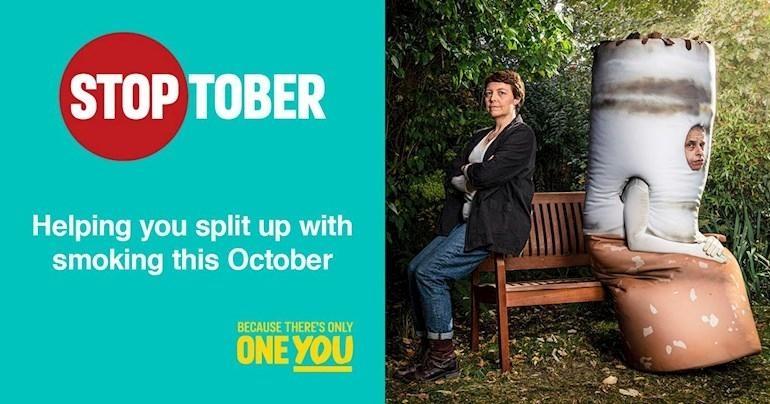Are your emotions all over the place since quitting smoking?
You're not alone: feeling like you're on an emotional roller coaster is one of the most common feelings associated with nicotine withdrawal.
What causes these emotional effects?
When you smoke, the nicotine you inhale with every cigarette goes from your lungs, into your blood stream and then straight to your brain. Once it gets there, it causes dopamine to be released, which gives you that intense rush and makes you feel "oh so happy".
Sadly though, that feeling only lasts a few minutes. Your nicotine levels begin to drop along with the dopamine … so does your mood. Normally, you would alleviate these feelings by having another cigarette, and increasing the levels of nicotine in your system again. But when you quit, nicotine levels continue to drop and the emotional roller coaster begins.
Remember that these feelings are usually only temporary. You should soon be back to your normal good-natured self.
Feelings of anger, frustration and irritability usually peak in the first week and hang around for 2 to 4 weeks.
Anxiety, feeling tense or agitated, and tight muscles, especially around your neck or shoulders, usually build-up over the first 3 days of quitting and may last approximately 2 weeks.
It's also normal to feel sad for a period time after you first quit smoking. If you experience some mild depression, it will usually start within the first day, continue for a couple of weeks, and then go away within a month. If you've previously experienced depression symptoms, you may experience more severe smoking withdrawal symptoms, including more severe depression symptoms.During this period of depression or low mood, always see your doctor or pharmacist who can recommend support and treatment options that may be useful and allow you to cope better.
What can you do to help?
Get out there and do some exercise. Go for a walk or jog if you’re feeling up to it. Do a gym class, or lift some weights. Being proactive and doing some exercise will help lower your stress levels, reduce your cravings and help tackle the withdrawal symptoms that are sending your emotions into a tailspin.
Watch your caffeine intake. Try and cut down on things like coffee (yes that includes espresso martinis), tea, cola and chocolate. When you quit smoking, your body absorbs almost twice as much caffeine as when you smoked, which can make you feel even more restless, anxious and irritable. Not exactly what you need right now.
Take a step back. Give meditation a go, or try some relaxation techniques like yoga, listening to calming music (perhaps avoid the heavy metal for now) or deep breathing – in through your nose, and out through your mouth for 10 breaths. You could even treat yourself to a massage or a hot bath.
Do something for yourself. Try things that make you feel good about yourself and give you a sense of wellbeing and pleasure: Reading your favourite book, give a new hobby a try, spend time with your friends and family who will support you no matter what mood you're in.
Talk to your doctor: If you don’t feel like you can manage the emotional side of quitting alone, make sure you talk to your doctor before you throw in the towel. You're up to 4x more likely to succeed in quitting with the help of a healthcare professional compared to quitting unaided6 and your doctor can help you map out a quit plan to provide the support you need.
So you see, it’s not all bad. The emotional ride is expected, and, for most people, it will pass. In the meantime, there are lots of different things you can do to help alleviate these feelings and make sure you remain focused on going and staying smoke-free.
